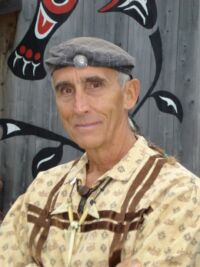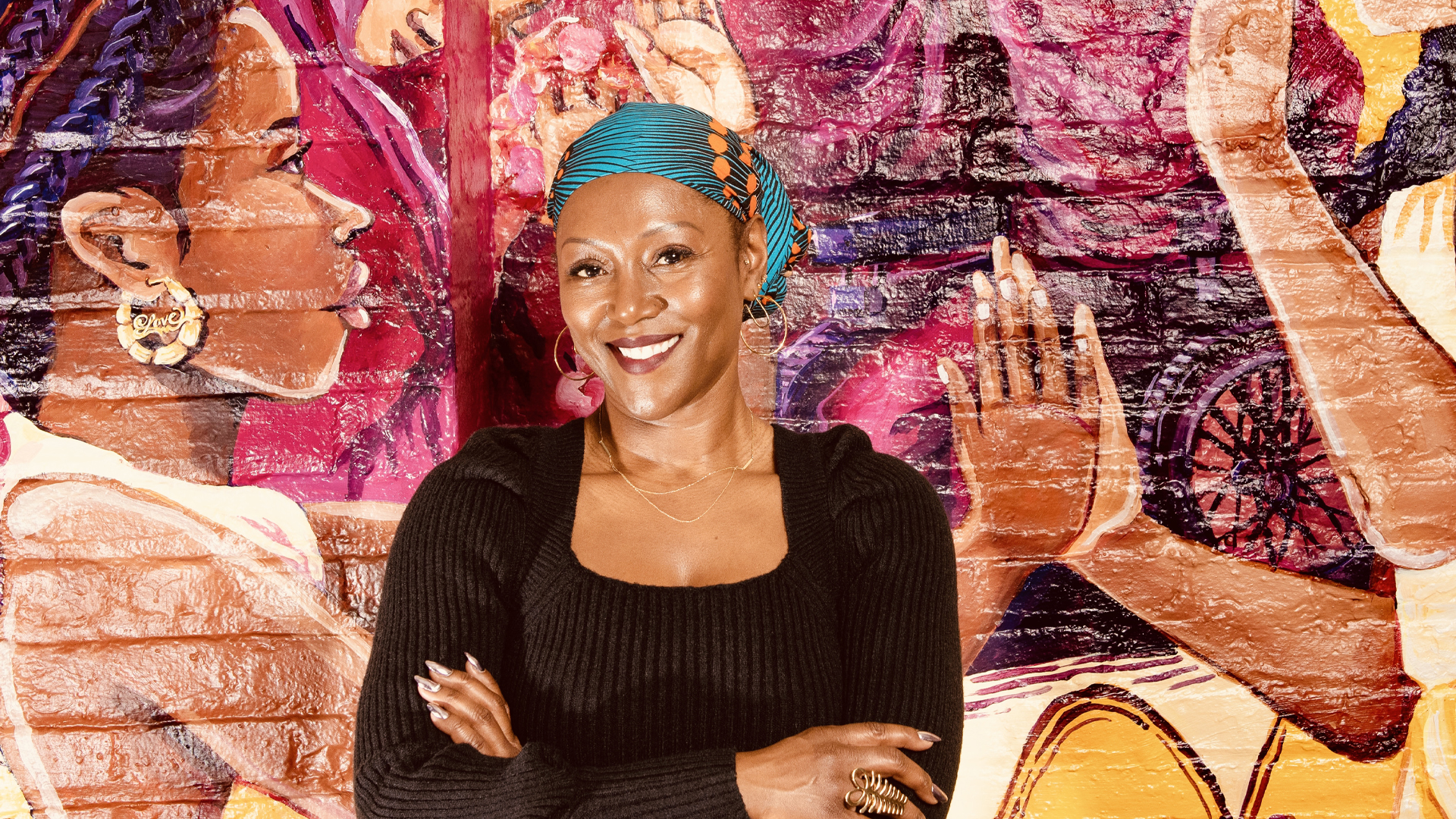Four Arrows to Present at the 78th United Nations General Assembly’s Science Summit
Fielding’s School of Leadership Studies doctoral faculty member Four Arrows (Wahinkpe Topa) AKA Don Jacobs, Ph.D., Ed.D., will participate in a panel discussion at the 9th Edition of the Science Summit at the 78th United Nations General Assembly (UNGA 78), which takes place from Sept. 12-29.
During UNGA 78, world leaders will discuss and debate how to confront the global polycrisis while finding strategies to take action on the 2030 Agenda for Sustainable Development. The Summit’s theme centers on the role and contribution of science to attaining the United Nations’ Sustainable Development Goals (SDGs), in addition to other priorities.
The panel discussion, titled “Connection to the Land, and to One Another: Resisting the Coming Apart of Our Natural and Social Worlds,” is slated for Monday, Sept. 18, at 9 a.m. ET. It will use Indigenous wisdom, western philosophy, and contemporary science to examine some ways that disconnection from the two interwoven sources of human personhood — the natural world, and the social world — are making us and our ecosystem sick and how we might repair those connections.
In addition to Four Arrows, the panel discussion will include Yuria Celidwen, Ph.D., from UC Berkeley; Ian Marcus Corbin from Harvard Medical School, and Darcia Narvaez, Ph.D., with the University of Notre Dame. Learn more about the speakers.
“Since this is the 9th Sustainability Summit of the United Nations annual General Assembly, I want to briefly explain why worldview study is indeed a science,” Four Arrows said. “Like any physical or social science, it is the about pursuing and applying understandings about the natural and social world based on evidence. I will refer to the 2019 UN Biodiversity Report that reveals the scientific importance of Indigenous worldview, and to the Science Center for the Greater Good at UC Berkeley who selected my co-authored text, Restoring the Kinship Worldview, as one of the top science texts of 2022. Moreover, I will explain how all sciences are influenced by worldview because worldview has powerful effects on thinking and behavior.”
Four Arrows will address the following goals during his presentation and discussion
- He will offer that there are only two worldviews. One is the precolonial, nature and spirit based one he calls the “Indigenous worldview.” The other is the postcolonial materialistic and anthropocentric worldview that now dominates most human societies. He calls it the “Dominant worldview.”
- He will make a distinction between Indigenous Place-Based Knowledge (Traditional Ecological Knowledge) and Indigenous worldview. Place-Based Knowledge requires first language fluency, remembering ceremonies, knowing origin stories, and multi-generational practical wisdom related to the particular environment. We must support such knowledge in every way possible. Indigenous worldview belongs to all life on Earth and represents precepts most, if not all, Place-Based Knowledge has in common. Few of us can learn PBK, but all of us must learn IW.
- He will explain why the non-binary Indigenous worldview must be used when studying the two worldviews. This means seeing the two worldviews as potentially complementary or as a continuum that requires constant rebalancing.
- He will then introduce the 40 paired worldview precepts and some practical examples of how metacognitive, intuitive, and trance-based engagement with them might look.
“Since the objective of the sustainability event is to ‘identify and promote concrete opportunities and partnerships for science and academia to accelerate transformations for implementing the 2030 Agenda for Sustainable Development,’ I think this opportunity adds to the growing credibility of the assertion that without rebalancing the two aforementioned worldviews by giving more weight to our Indigenous precepts, we are doomed. Such credibility can support research in many ways for a university. It can reshape curricula and attract doctoral level students at Fielding who will realize this topic has significance or, if a person already assumed it, will offer a place to study it. I truly believe that fundamental moral precepts about humanity, Nature and After-Life, which are the three essential components of a worldview under which cultures, religions, and ideologies fall, must be part of every course of study.
“I want to underscore and elevate the idea that until we call a ‘natural resource’ a relative, we cannot escape our anthropocentric policies, education, media, etc. Without readjusting all 40 of the worldview precents that have been proven sustainable, education will continue to fall short of achieving our existential goals of surviving and thriving for future generations.”
Learn more and access information and resources about resilient knowledge systems to support c-learning and advocacy efforts at ProvenSustainable.org.
Learn more about the 78th United Nations General Assembly.
About Four Arrows

Four Arrows (Wahinkpe Topa) AKA Don Jacobs, Ph.D., Ed.D.
Wahinkpe Topa (Four Arrows), aka Don Trent Jacobs, of Irish and Cherokee ancestry, is a “made-relative” of the Lakota and a member of the Medicine Horse tiospaye.
He has doctorates in Health Psychology and in Curriculum and Instruction, the latter with a Cognate in Indigenous Worldview. Currently a faculty member in Fielding Graduate University’s Ed.D. in Leadership for Change program, he was previously Director of Education at Oglala Lakota College and a tenured Associate Professor at NAU. While living on the Pine Ridge reservation, he completed his Sun Dance vows with Rick Two Dogs.
Four Arrows is the author of 24 books and numerous other publications that focus on critical education, wellness, and the vital importance of Indigenous worldview and Indigenous place-based knowledge. His work has been endorsed by such notables as Vine Deloria, Jr., Daniel Wildcat, Rebecca Adamson, Vandana Shiva, John Pilger, Noam Chomsky, Henry Giroux, Sam Keen, Thom Hartman, Margaret Wheatly, Greg Cajete, etc. Recipient of a Martin Springer Institute Moral Courage Award and other recognitions for his work from Indigenous organizations in Canada, he spends summers on Vancouver Island and winters in Jalisco Mexico. His hobbies include paddle board surfing, handball and music. He was first alternate for the U.S. Equestrian Olympic Endurance Event that premiered for the first and last time in 1996. He also won first place in the University of Mississippi’s World Champion Old Time Piano duet competition.
Join Over 7,500 Fielding Alumni Located Around The World!
Change the world. Start with yours.™






Get Social